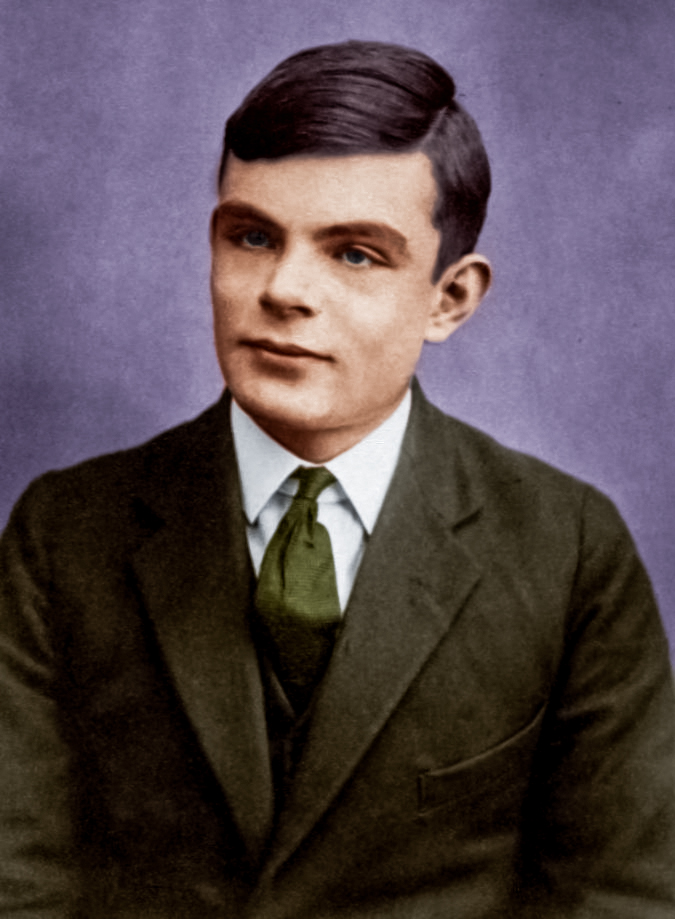Not a song about Alan Turing
Alan Turing, a gay English man, invented programmable computers and wrote an essay about artificial intelligence: "Can machines think?" At the time, obviously not. But eventually the answer would be "maybe" and we would need a test. He proposed the Imitation Game. If a machine can play the Imitation Game and win as often as a human, we should say the machine shows intelligence.
In the Imitation Game, a "judge" participant uses a chat program to have conversations with a number of "contestant" participants in another room. The contestant's task is to convince the judge that they are a woman. The judge must guess which contestants are women, and which are pretending to be women.
If a machine can play the "contestant" role and fool the judge as often as a man can fool the judge, the machine should be considered intelligent.
According to this test, we demonstrate intelligence by convincing other people that we are different than who we really are.
"The Imitation Game" failed the imitation game
In the film "The Imitation Game", the Alan Turing character describes a much less interesting game, in which the machine has to fool a human into thinking it's human. This game is unfair: the machine has to be good at imitating, but the human doesn't have to be good at anything.
Alan Turing didn't do well either
In the end, Alan Turing himself died young because he was not good enough at imitating a heterosexual man.

